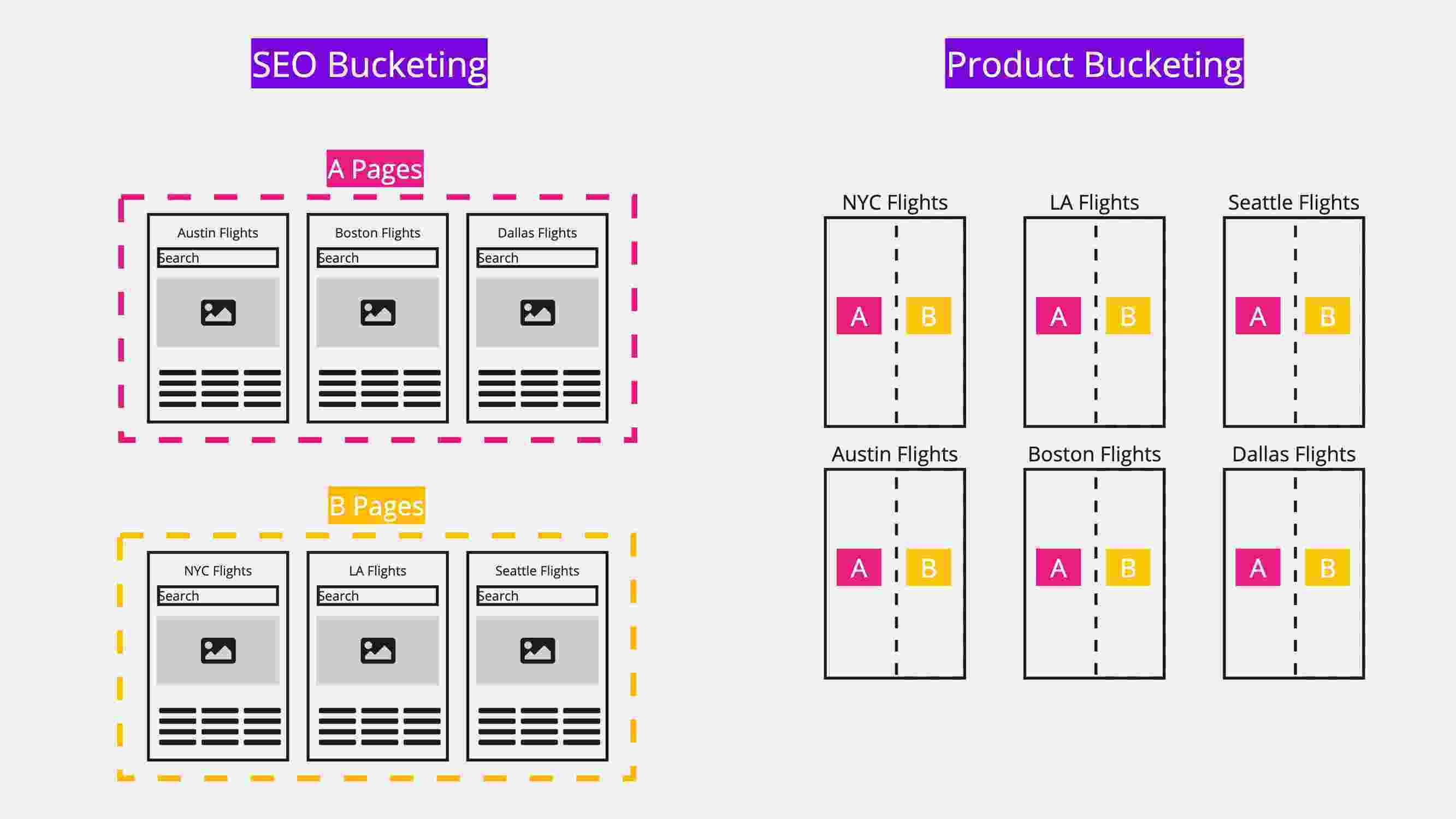SEO teams who can demonstrate ROI are approximately 1.6 times more likely to be awarded higher budgets for their marketing activities, according to HubSpot.
With competing budget priorities and the pressure to deliver value weighing heavy on their shoulders, SEO teams must follow the same guiding principles that define any high-performing team. This includes remaining accountable for growth.
In this blog post, we explain how clearer results can motivate your SEO team and why accountability is the key to securing more investment for next year.
Why high-performing teams demand accountability
The best teams want to be held accountable.
In a recent CIPD evidence review of high-performing teams, teams that set and track group goals can drastically improve their performance. According to the report, “Team-level goals can enhance both social and cognitive processes, notably planning, cooperation, communication and morale-building”.
How? It’s simple, really. Group goal setting gives everyone a chance to “buy in” to goals, which creates meaningful engagement. And it’s by giving goals meaning that you can create accountability. Back in 1993, Jon Katzenbach and Douglas Smith published a book called The Discipline of Teams, in which they concluded, “Transforming broad directives into specific and measurable performance goals is the surest first step for a team trying to shape a purpose meaningful to its members”. This sentiment continues to ring true today.
By its very nature, a team consists of interdependent members working on a shared goal. What makes this team high-performing, however, is accountability to progress and responsibility for results.
For high-performing SEO teams who demand clarity on their SEO A/B testing efforts, clearer results help identify what worked and what didn’t. This creates an agile environment where SEO teams can refine testing priorities and abandon unsuccessful initiatives before they become too costly. It's far better to set goals, be responsible for goals, and be held accountable, even if that means failing sometimes.
How can your SEO team become more accountable?
Admittedly, setting and monitoring clear SEO goals is no walk in the park. And for many SEO teams, it can be all too easy to generalize goals because so much is outside of their control.
But (and here’s the catch), this lack of clarity over SEO goals compounds and directly impacts larger business objectives. Ultimately, without knowing what a win looks like, SEO teams are unlikely to achieve their potential. This hinders their ability to showcase value to leadership. It also impedes optimization opportunities, diminishes successes, and reduces your ability to drive sustainable and long-term growth.
So, how can your SEO team become accountable?
Well, McKinsey reports that “Of companies who have effective performance management systems, 91 percent say that employees' goals are linked to business priorities”.
When it comes to goal setting, it’s important to tie SEO goals to your larger business initiatives. Increasing website traffic from X to Y in six months, for instance, is a fine thing to aim for. But how will this impact bottom-line sales from organic traffic?
High-performing teams want to be held accountable
Without a doubt, tracking and reporting on goals is the best way to create a meaningful and impactful work environment. And for your SEO team, clearer results drive more value, value creates meaning, and meaningful work gets your team out of bed in the morning.
Here at SearchPilot, our comprehensive platform helps SEO teams run rapid, revenue-boosting SEO testing programs at scale. Quite simply, we help your team drive tangible website improvements based on statistically significant results so that you can build a robust business case for further investment in SEO. More importantly, our platform offers the clarity your SEO team needs to feel valued, trusted, and empowered.
Don’t believe us? We get it – seeing is believing. Request a demo today and let one of our experts show you how our platform works so you can see it for yourself.



